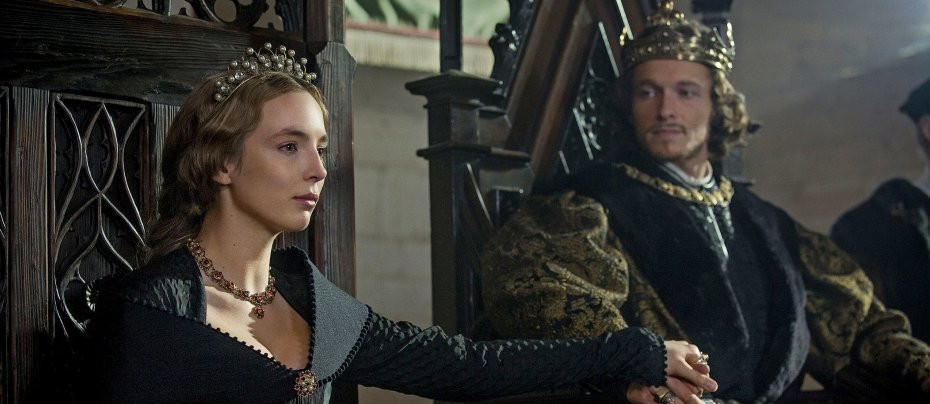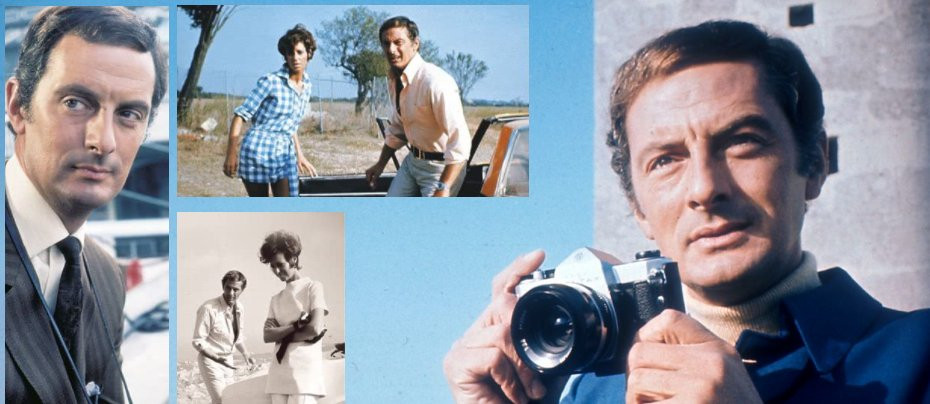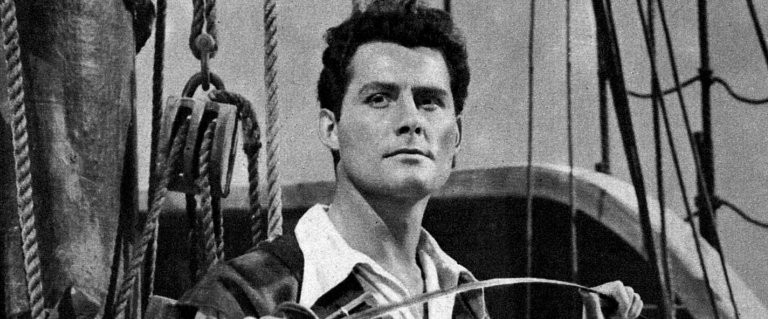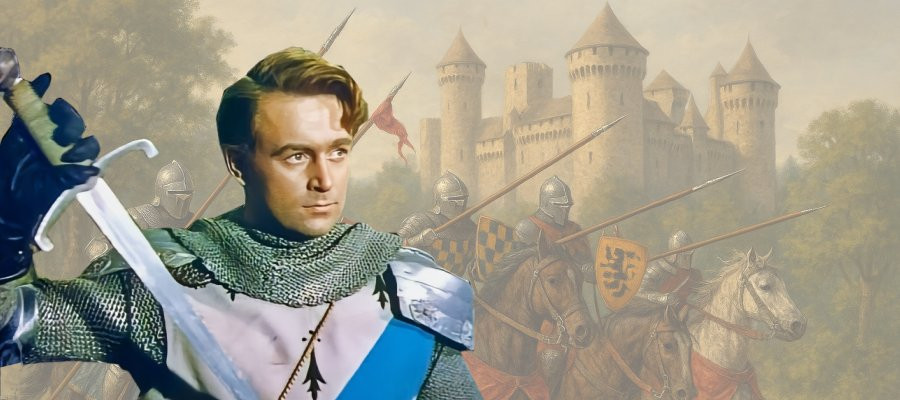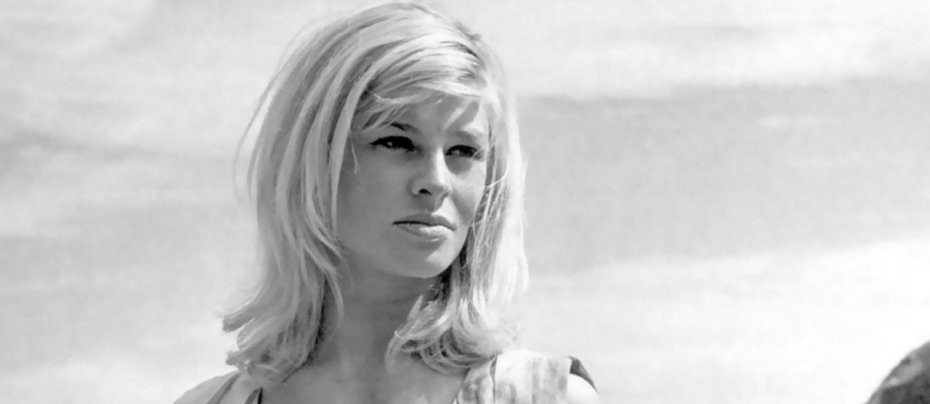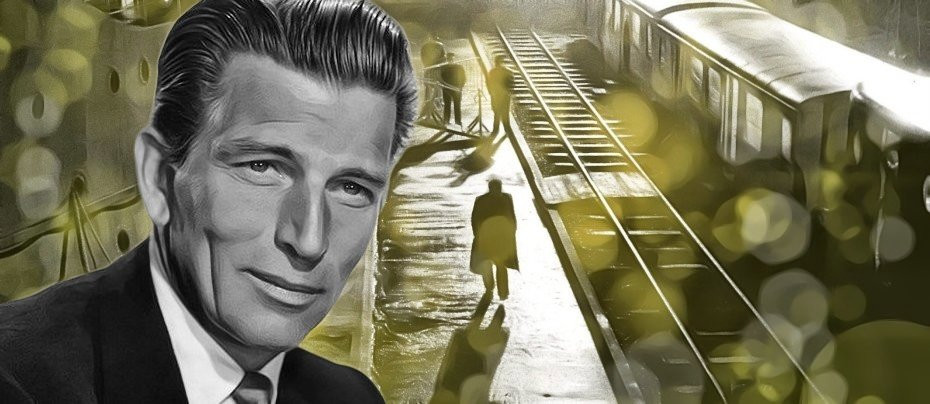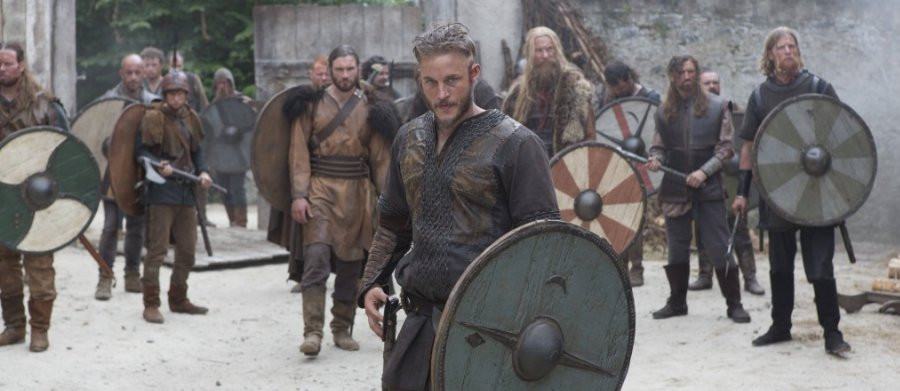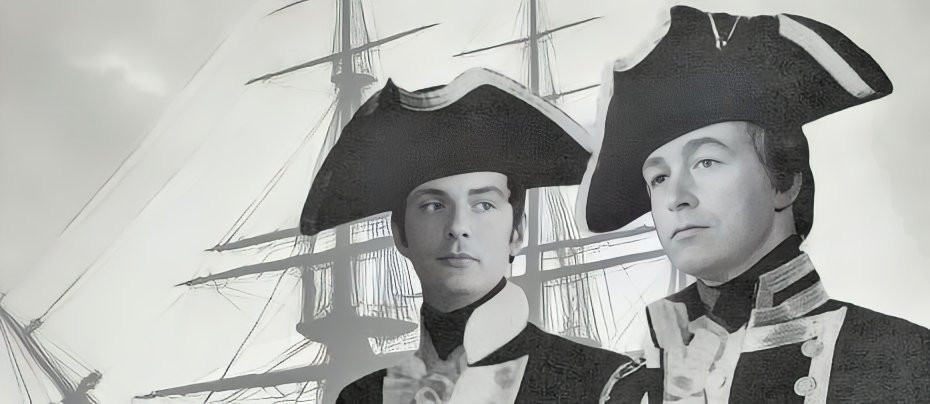
Triton
1961 - United KingdomReview: Laurence Marcus
By the early 1800s, Britain unquestionably dominated the seas. The Royal Navy possessed the largest and most powerful warships, earning a reputation for invincibility. Their ships were the most formidable engines of war of the time, with the pride of the fleet being Admiral Nelson’s flagship, the HMS Victory. Even Napoleon Bonaparte acknowledged British naval supremacy, remarking, “wherever there is water to float a ship, we are sure to find you English in the way.” Because Napoleon, being more focused on land warfare and army spending, neglected to build a fleet capable of challenging Britain’s naval dominance, Britain remained unchallenged on the seas.
But what if there were a way to threaten those giant ships? What if an unseen force could destroy them in open water or even sink them in their own harbours using a new, revolutionary weapon?
That’s exactly what Robert Fulton promised Napoleon.
Fulton, an American engineer and inventor, was commissioned by Napoleon in 1800 to design a submarine. The result was the Nautilus, the first practical submarine in history. Built of copper sheets over iron ribs at the Perrier boatyard in Rouen, it was 21 feet 3 inches (6.48 meters) long and 6 feet 4 inches (1.93 meters) in beam. It was powered by a hand-cranked screw propeller.
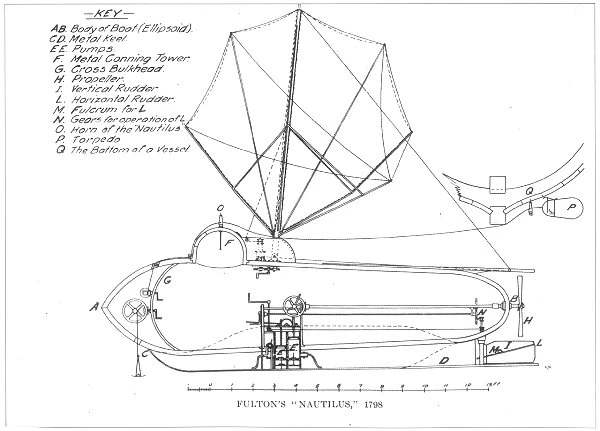
Fulton’s Nautilus was designed from the start to carry a "carcass," a naval mine that would be dragged to an enemy ship. The mine had a spiked device on top that would pierce the ship's wooden hull, and when the mine's line was fully extended, it would detonate upon contact, destroying the target.
The Nautilus made its first test dives in the Seine at Rouen in July 1800, and by 3 July 1801, Fulton had taken the improved version of the submarine to a depth of 25 feet (7.5 meters) at Le Havre.
This is where the fictional drama Triton, written by Rex Tucker, picks up the story. Rumours of Fulton's invention reached the British Admiralty through spy channels, but they didn’t have enough information to fully understand the threat. Tucker, who was researching for his 1958 play Victory (a play for Trafalgar Day, October 21), incorporated these facts into his script.
Though Triton was based on historical events, it was a fictional story. Tucker created two naval officers: Captain Julius Belwether (played by William Russell), a scientifically inclined officer, and his junior, Lieutenant Simon Lamb (played by Francis Matthews), who had a background in rocket research (rocket research actually existed as early as 1801). These officers are tasked by Horatio Nelson to go behind enemy lines, learn more about Fulton's secret weapon, and, if possible, destroy it.
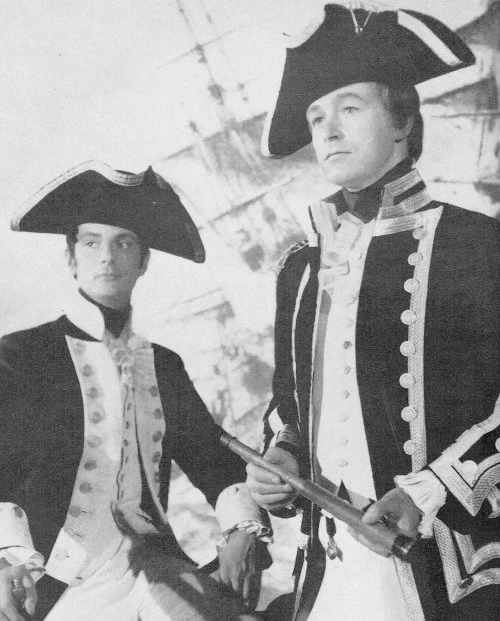
Tucker, who later worked on the early development of Doctor Who, cast William Russell as schoolteacher Ian Chesterton in that series, and also cast Roger Delgado (later known as The Master) in Triton years before his iconic role in Doctor Who.
Triton was a four-part series that first aired on June 4, 1961, and was repeated in April 1962. The recordings are believed to have survived in the BBC archives. In 1968, the series was remade with Jonathan Adams and Paul Grist playing Belwether and Lamb, respectively.
In reality, by September 1801, Napoleon showed interest in seeing the Nautilus, but by then, Robert Fulton had dismantled the submarine after it suffered significant leaks during testing. Despite numerous positive reports from reliable sources, such as the Prefect Marine of Brest, Napoleon dismissed Fulton as a swindler, and the French navy showed no enthusiasm for a weapon they deemed too dangerous for its crew. Although evidence suggested the submarine could be devastating against conventional ships, the French navy had no interest in pursuing it. This leaves us to wonder how different British naval history might have been if the Nautilus had been fully realised.
Seen this show? How do you rate it?
Seen this show? How do you rate it?
Published on December 27th, 2024. Written by Laurence Marcus for Television Heaven.


